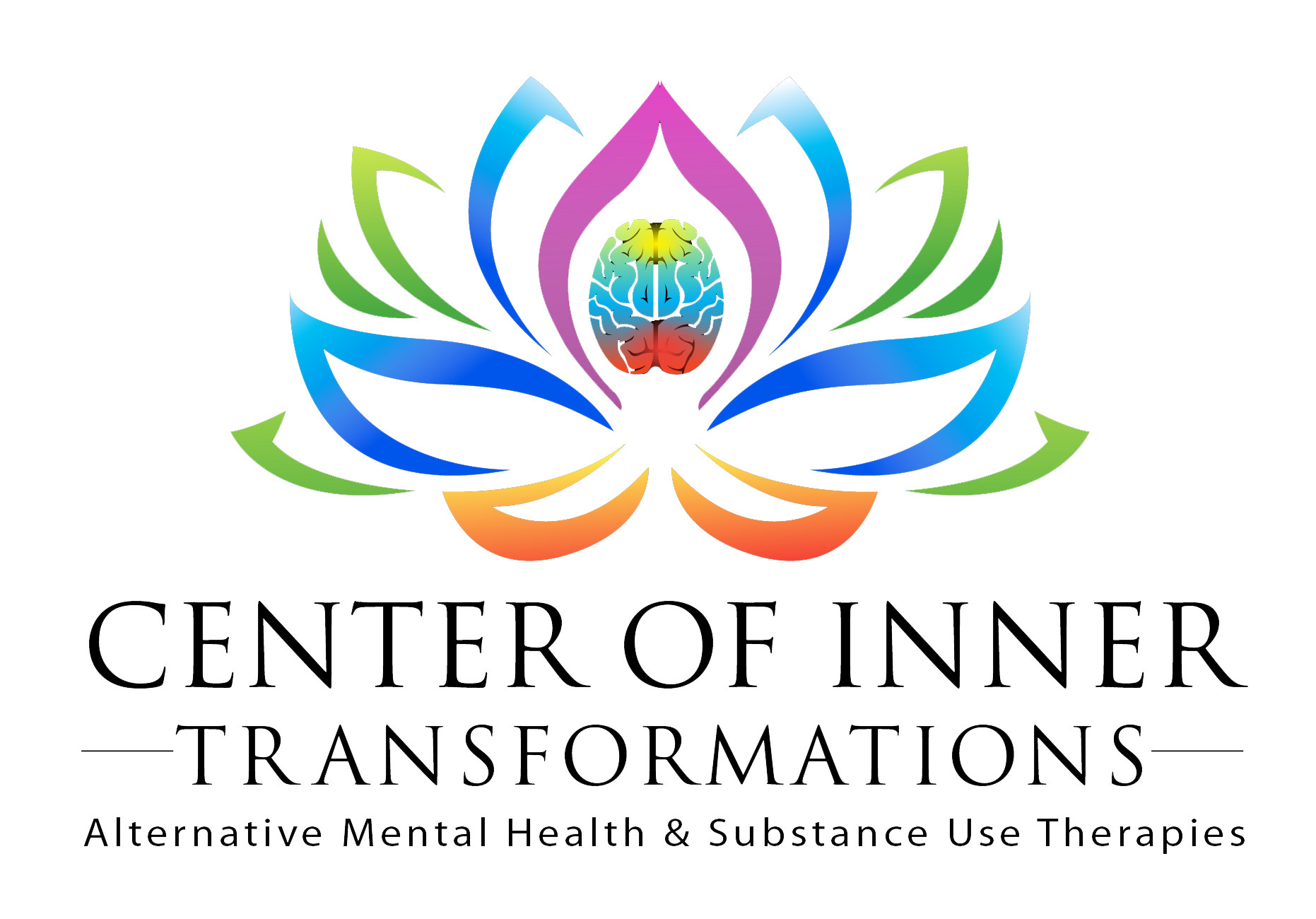For clinicians, serving clients seeking these therapies demands specialized training, ethical considerations and a commitment to evidence-based practice.
IN RECENT YEARS, there’s been a noticeable shift in the landscape of mental health treatments. Traditional therapeutic methods sometimes fall short of delivering desired outcomes, leading to alternative approaches like cannabis and psychedelic therapies gaining traction. Cannabis and psychedelic therapies are most commonly used to treat the lasting effects of trauma, and also for other common conditions such as anxiety and depression. The appeal lies in their potential to offer fresh perspectives, transformational experiences and unique avenues for healing.
When I began building The Happy Clinic at the Center of Inner Transformations as The Happy Therapist, I focused on developing harm reduction alternative intervention programming for PTSD and anxiety sufferers, using medical cannabis. Through personal learning pursuits and almost a decade of experience in addressing mental health concerns with cannabis, I’ve gained much insight into what is needed to serve a mental health population who chooses alternative medicine as a healing tool. In this article, we delve into the reasons behind the growing popularity of these therapies and explore what it takes for clinicians to effectively serve clients who are seeking cannabis or psychedelics as a mental health treatment.
The Attraction of Cannabis and Psychedelic Therapies
1. Stagnated Traditional Mental Health Industry: One estimate shows that talk therapy can provide some kind of benefit for about 75% of those who engage with it. While traditional therapies can help, they often include prolonged processes without guaranteeing lasting results. Those who seek swift relief and more profound breakthroughs often find alternative therapies attractive.
2. Desire for Novel Approaches: Cannabis and psychedelic therapies are considered cutting-edge and offer a departure from the conventional, leading to fresh insights and experiences that can catalyze meaningful change. In a small study made up of people who had and who had not used psychedelics, 55% of participants would accept psilocybin therapy if a doctor prescribed it.
3. Holistic Mind, Body and Spirit Healing: Alternative therapies prioritize the whole or many parts of a person, addressing not only the mind but also the body and spirit. This comprehensive total body approach resonates with individuals who want to or believe in the idea that true healing involves healing all aspects of one’s being.
4. Shift in Perception Due to Legal Changes: The gradual destigmatization of cannabis and psychedelics has prompted more open and meaningful conversations about their potential and known benefits. As public opinions evolve, people are becoming more receptive to these therapies as legitimate options. The Pew Research Center highlights that the percentage of U.S. adults supporting the legalization of marijuana has steadily increased, reaching 68% in 2021, indicating a more accepting attitude towards alternative therapies.
Challenges and Opportunities for Clinicians
1. In-Depth Training: Clinicians emerging into a recently legalized, growing and misunderstood alternative cannabis and psychedelic health, wellness and treatment industry, must undergo specialized training to fully understand the complexities, risks and benefits associated with these treatments. Cannabis is a sophisticated medicine, where its use isn’t as simple as “Just taking this pill(s), this amount of times per day.” Cannabis dosing and consumption routes are different for each individual, based on their personal history with the plant and their presenting symptoms. This can vary drastically from person to person. So to keep your clients safe, you have to know your stuff.
2. Holistic Protocols: Tailoring intake processes and treatment protocols is crucial to providing plant-based medicinal interventions. Clinicians need to consider a client’s medical history, current mental health status and goals to create comprehensive and safe plans that reduce any risks or harm.
3. Ethical Considerations: Keeping your clients safe and safeguarding their well-being is most important. For this reason, we implement the proper harm reduction strategies. Clinicians need to navigate ethical dilemmas unique to alternative therapies, such as the potential for substance misuse.
4. Legal and Regulatory Knowledge: Cannabis and psychedelic therapies often operate within complex legal frameworks. Clinicians must stay up to date on local regulations and licensing requirements to ensure compliance.
5. Informed and Effective Marketing: Communicating the benefits, risks, and expectations of these therapies, while confronting negative stigmas is vital. Clinicians should transparently present their expertise while managing potential misconceptions or sensationalism.
6. Collaboration and Integration: Integrating alternative therapies into a wider mental health practice requires collaboration with other healthcare professionals and fostering an interdisciplinary approach.
Adapting Clinician Practices for Alternative Therapies
1. Continued Education: You have to know your stuff. Engaging in ongoing education to stay informed about the latest research, therapeutic techniques and legal developments is what is needed to be effective and efficient.
2. Flexible Mindset: An adaptable and open mindset is crucial when working with alternative therapies, as each client’s journey is different.
3. Competent Care: Understanding the diverse backgrounds and belief systems, and how this affects a client’s behaviors and decision-making, is essential for providing respectful and effective care.
4. Evidence-Based Practice: While alternative therapies offer exciting possibilities, grounding interventions in evidence-based practices ensures clients’ safety and well-being. Clinicians should stay up to date on the latest research and evidence-based practices combined.
5. Regular Supervision and Consultation: Engaging in regular supervision and seeking consultation from experienced cannabis or psychedelic practitioners can provide insights and guidance when navigating complex cases.
The rising and mainstream emergence of cannabis and psychedelic therapies in mental health represents a paradigm shift in how we approach healing and personal growth. The allure of these alternative paths lies in their potential to spark profound transformations and offer a holistic approach to well-being. For clinicians, serving clients seeking these therapies demands specialized training, ethical considerations, and a commitment to evidence-based practice. By embracing these principles, mental health professionals can effectively support individuals as they embark on unconventional but potentially life-changing journeys toward healing.

